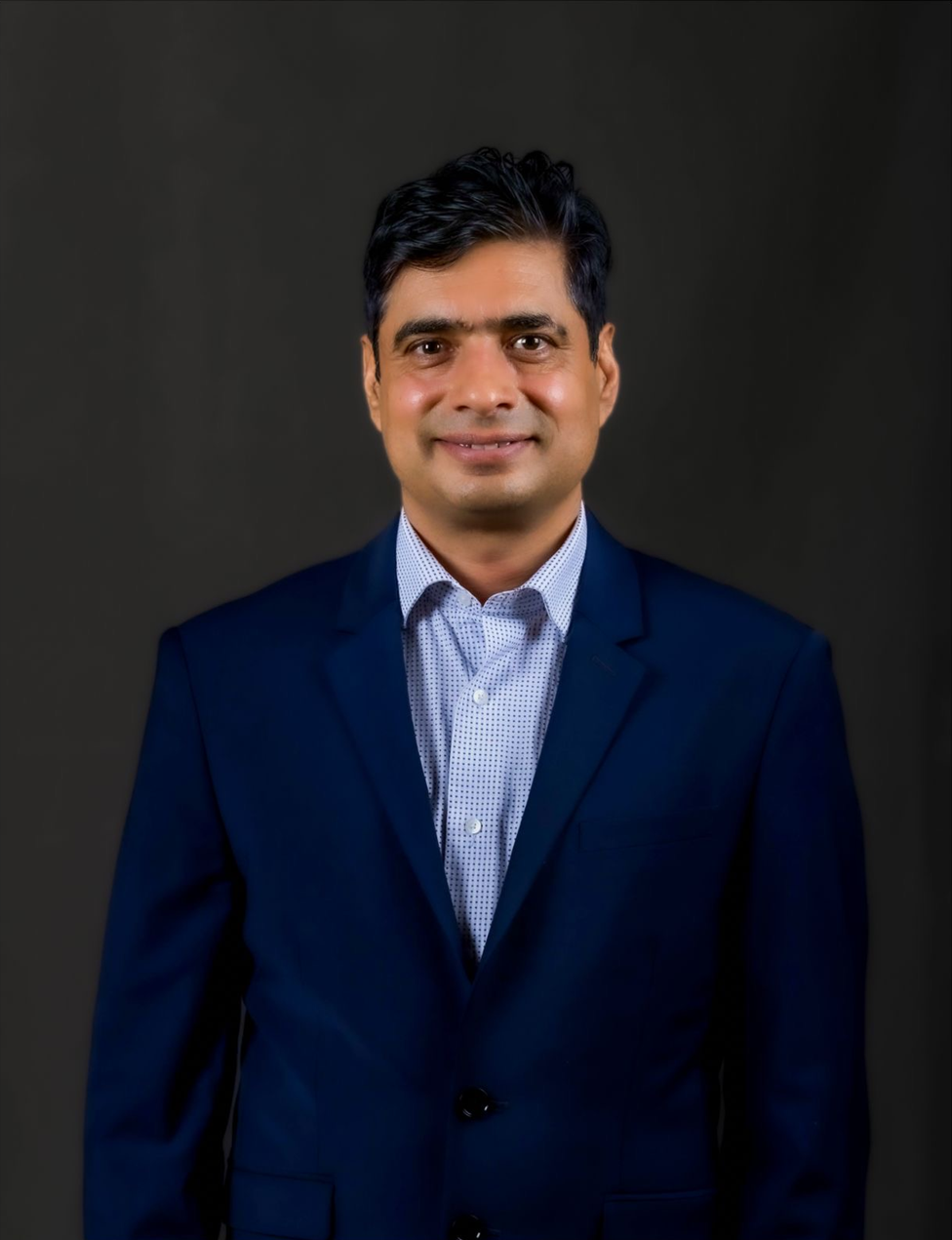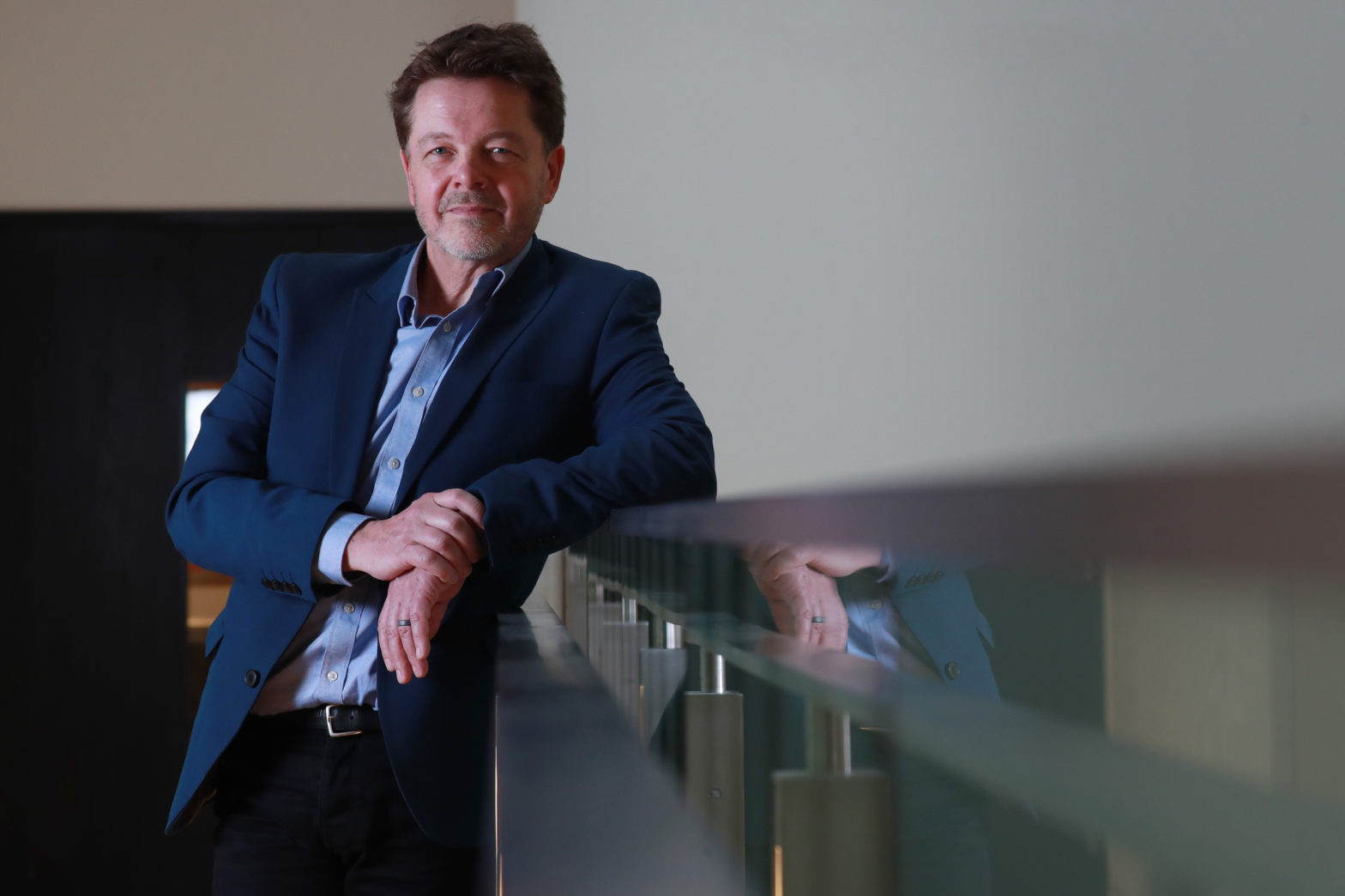
Aurora’s new CIO targets cybersecurity, AI and fibre growth
22 August 2025
by Jonathan Andrews
Ram Tyagi, Aurora’s new Chief Information Officer, is setting out a five-point agenda to guide the city’s digital transformation. His plan prioritises data-driven decision making, cloud and AI adoption, cyber security, fibre modernisation and workforce development.
Private sector discipline in public service
Tyagi joins Aurora from financial services and consulting, where he led large-scale technology projects and compliance programmes. He tells Cities Today that those skills are directly transferable to city government, where technology decisions must balance innovation with accountability.
“In financial services and in the public sector, compliance is a big thing,” he says. “There you are managing the money of your clients, your investors, and here you are managing the trust of your residents and the data of police, fire and water. You have to be very careful and transparent each and every time.”
Since taking office, Tyagi has introduced three principles for his department: collaboration, ethical behaviour and transparency. He sees collaboration as extending beyond city staff to include vendors, neighbouring municipalities and community partners.
“Anything you do, make sure that we bring ethics around it. We don’t do anything that we cannot answer to the public,” he says.
Five priorities for Aurora
Tyagi’s strategy is structured around five immediate priorities:
- Data-driven decision making – Aurora plans to centralise data, make it accessible across departments and open it up where possible to residents. The goal is to reduce paperwork, cut bureaucracy and build data literacy across the city.
- Cloud and AI adoption – The city is scaling down its reliance on on-premise servers and increasing its cloud footprint. Tyagi says he will take a gradual approach to AI:
“Nobody is ready to fully give everything to autopilot mode with AI. I’m going to gradually increase the footprint of AI tools wherever it’s applicable.” - Cybersecurity – Aurora aims to establish itself as a leader in cyber resilience among Illinois municipalities, working with managed service providers, vendors and neighbouring counties. “You can be stronger if you collaborate with others,” Tyagi notes.
- Fibre modernisation – The city has an 81-kilometre fibre ring, extensive laterals and dark fibre connections to Chicago. Tyagi wants to use this asset both for smart-city applications and to attract technology-intensive businesses.
- Workforce development – By partnering with Aurora University and Waubonsee Community College, Tyagi aims to align curricula with industry needs.
“When companies come, we want people in Aurora ready to take those opportunities,” he says.
Frameworks and collaboration
Artificial intelligence is one of the most high-profile areas of Tyagi’s agenda. His department is drafting an AI and privacy policy while collecting potential use cases from departments such as police, fire and public works.
He points to opportunities such as reducing clerical work for police officers, speeding up legal contract reviews and improving public access to data.
Aurora, like many cities, faces the challenge of upgrading legacy systems without disrupting services. Tyagi advocates a phased, agile approach, modernising networks and devices step by step.
“We can still modernise things in a phased manner, in an agile manner,” he says. “You don’t do a big bang implementation. You start with a phased approach.”
He also stresses the value of working closely with suppliers.
“I don’t treat vendors as vendors. I treat them as partners,” he says.
Tyagi is active in professional networks across Chicago and beyond, exchanging lessons with CIOs in Cook County, Naperville, Chattanooga and Texas. He sees this collaboration as essential to tackling shared challenges in areas such as cyber security and fibre expansion.
“We cannot win this battle alone when there are rogue elements who are as good as our proactive approaches are,” he says. “But together we can definitely put a strong front.”
Fibre and resilience
Aurora’s fibre infrastructure is central to Tyagi’s long-term vision. With extensive connections into Chicago, he sees potential not only for smart neighbourhoods but also for attracting industries such as high-frequency trading and eventually quantum computing.
“I’m thinking for ten years down the line–what’s after AI,” he says.
He also highlights the importance of close alignment with the mayor and city council. He points to the city’s response to a recent storm that left nearly 19,000 residents without power. Behind the scenes, IT staff and other departments worked together to restore systems quickly.
“Residents did not even feel that there was a big problem, but I knew there was a huge issue,” he says. “That shows we are so resilient, and we are ready to move forward.”
Open for business
Tyagi stresses that his agenda is not fixed but will evolve through feedback from staff, vendors, institutions and residents. His guiding principles–collaboration, ethics and transparency–shape every decision.
“We are open for business,” he says. “With our fibre, our location and our community partnerships, Aurora is ready for the future.”
Image: City of Aurora













